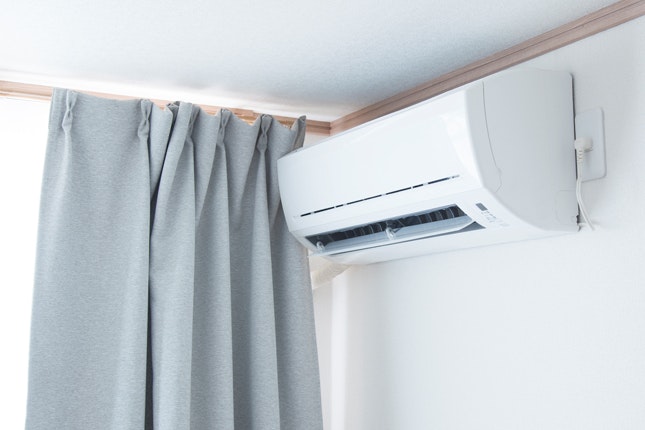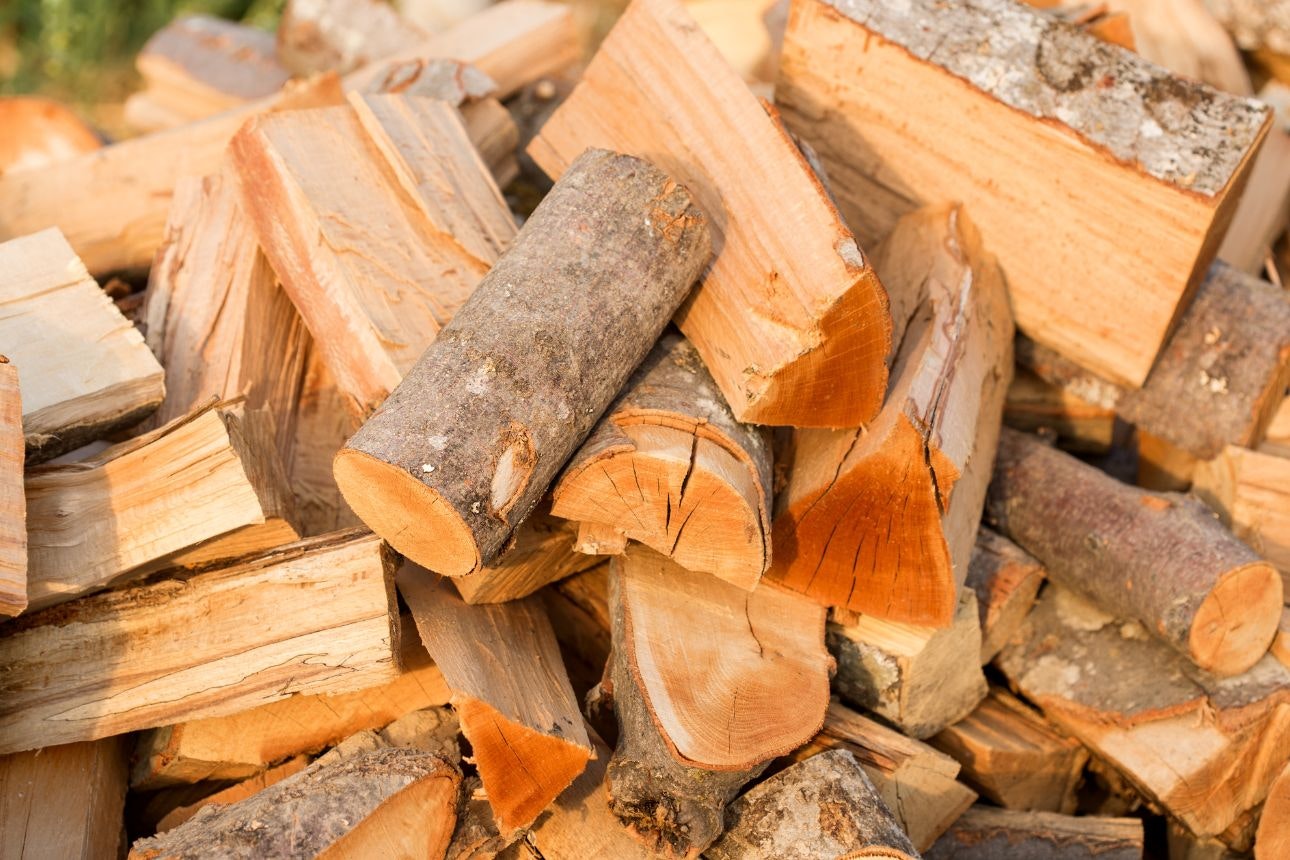If you like the look and feel of a woodburner, but don’t want the hassle of firewood, a pellet burner may be a suitable alternative.
Best pellet burners of 2025
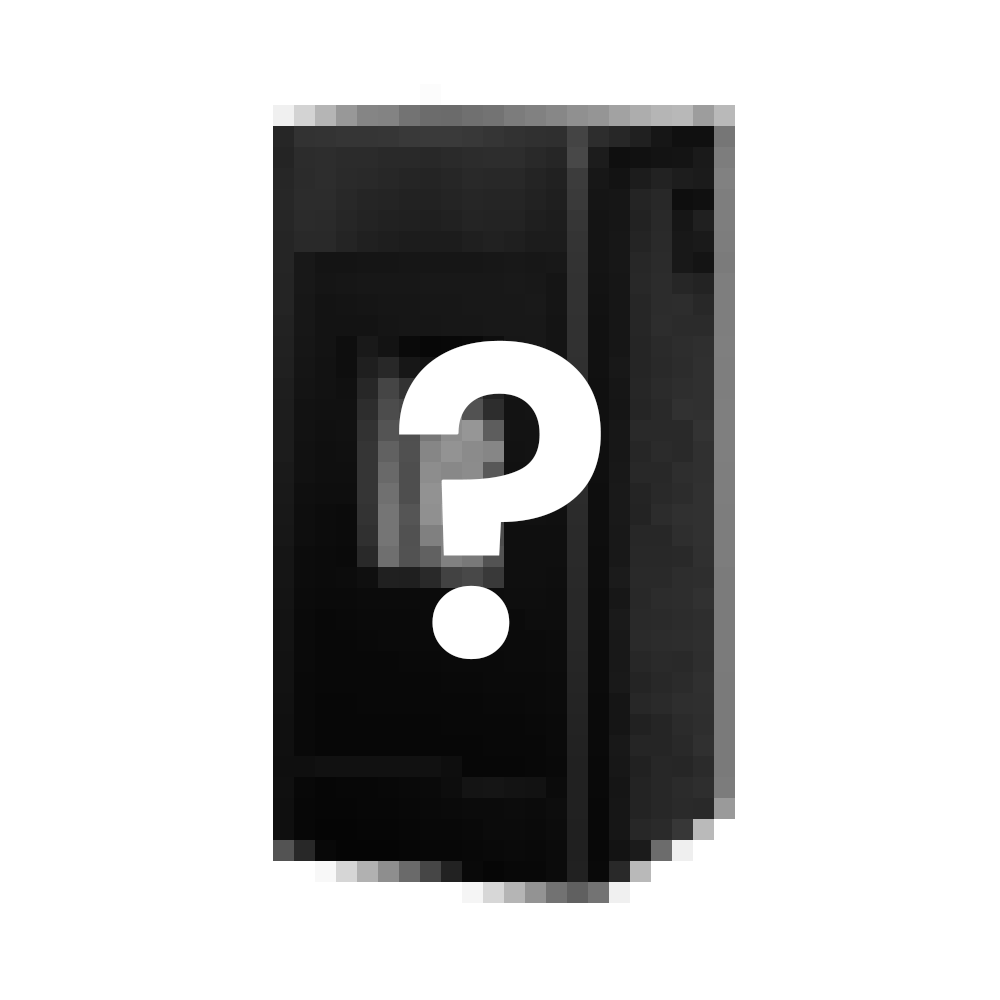
Top-performing freestanding pellet burner

Top-performing insert pellet burners
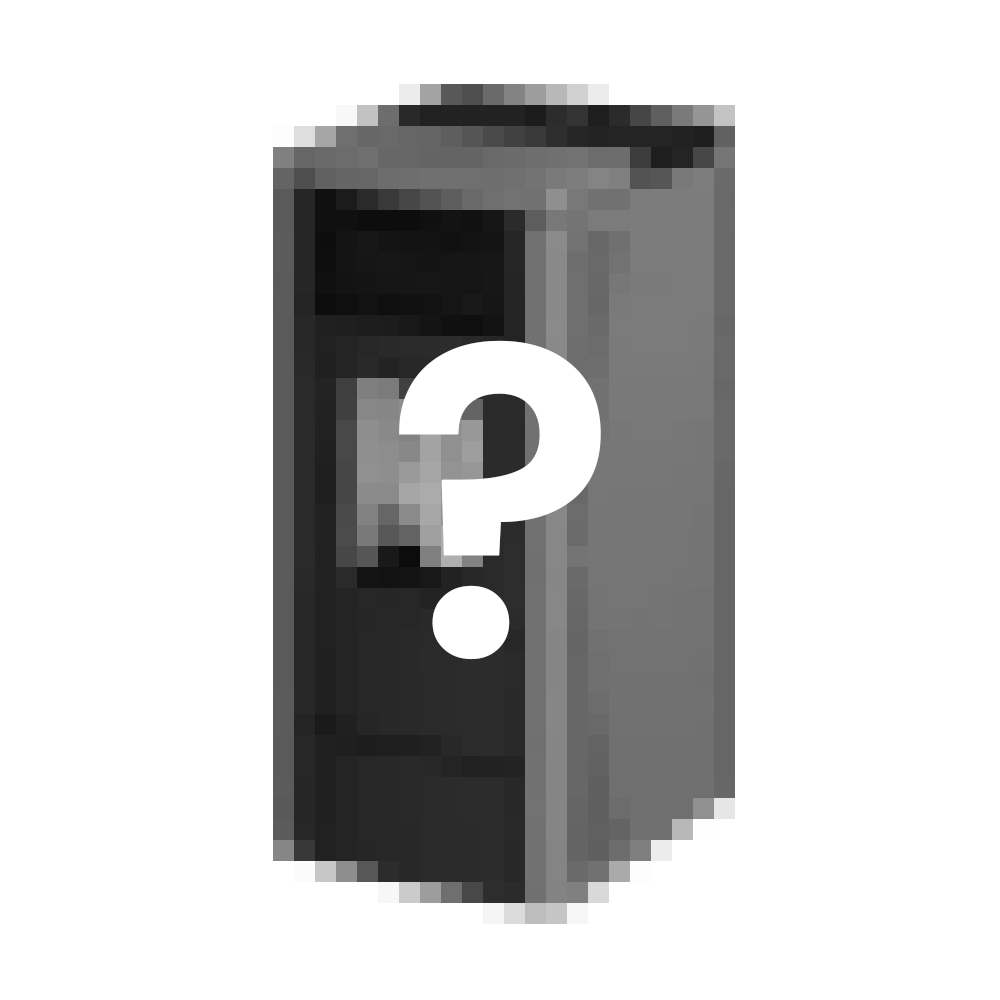
Best value pellet burner

Best wetback model
Get access to Consumer & see all reviews
Thousands of expert product/service reviews
Personal support through our Consumer Rights Advice Line
Premium articles and in-depth buying advice
Add a Consumer magazine for even more exclusive content
How they work
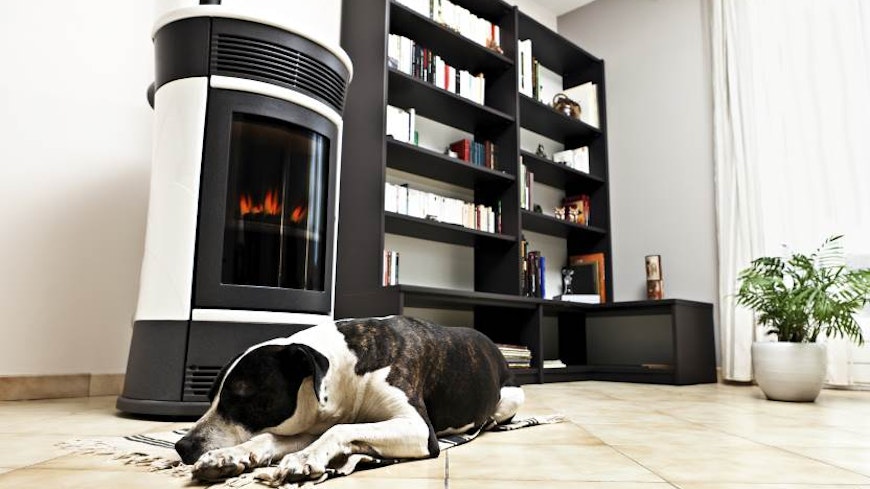
Most pellet burners look like a conventional woodburner and are available as either a free-standing model or an insert into a fireplace. You can also get a basement furnace model for central heating.
Pellet burners burn only compressed wood pellets, which you buy in 15kg or 20kg plastic bags or in bulk. The pellets are loaded into a hopper at the back of the unit and are fed into the fire through an automatic feed system.
Adjusting the rate at which the pellets are consumed lets you control the amount of heat produced.
In some models, a thermostat can be used to keep an even room temperature – and a timer can automatically switch the burner on and off.
In freestanding and fireplace-insert models, a hopper load of pellets lasts for around 24 hours of continuous burning – and these models produce a similar amount of heat to a conventional woodburner. Basement furnace models produce much more heat.
Pellet burner pros and cons
Pros
They're easier to use than a conventional woodburner.
No need to chop or store firewood.
Most models light electrically – no need for matches or firelighters.
Some models can be thermostatically controlled or switched on and off using a timer.
They usually have a smaller diameter flue than woodburners, which may make installation easier. The flue can also be taken out horizontally through an external wall.
They burn very cleanly, so are less of a community health hazard.
The pellets are made from sawmill waste – an abundant renewable resource. Burning them is carbon neutral.
Pellets can be ordered by phone or online.
Cons
They're expensive. The price of buying and installing a wood pellet burner is similar to that for a heat pump or a gas fireplace; and more expensive than for a conventional woodburner. Prices start at around $3,000 (plus about $450 to $600 for a single-storey flue). Then there are the installation costs (allow another $600 to $900).
Only pellets can be burned – so you can't take advantage of free firewood.
Electricity is required for them to work, so they're no use during a power cut. A 12-volt battery and inverter, or a small generator, could be used as a back-up, but that adds to the cost.
They're more complex than a woodburner, with electrical and electronic components that can fail.
They can be noisy, because they have fans and a motor for the hopper feed. Some models can have the flue fan mounted outside the house to reduce noise.
Some energy is lost in manufacturing and transporting the pellets.
Pellet costs are high in some areas. There are a limited number of suppliers, so check there’s one near you before investing in a pellet burner.
Running costs
There can be big variations in the price of pellets, so shop around for the cheapest source. If there's a pellet mill close to you, try there first.
To get a good price, consider buying a year’s worth of pellets.
In the past few years, pellet burners have enjoyed a reasonable uptake, but the market remains small compared to other heating options. The limited number of wood pellet suppliers (often only one per town or city) means that if a supplier in your area closes shop, pellets could become prohibitively expensive. Check there is a manufacturer near you before investing in a wood pellet burner.
We recommend you ensure there is a well-established pellet supplier near you before investing in a pellet burner. If you have access to cheap firewood, it’s probably best to go with a woodburner.
What to consider
Freestanding, insert or furnace: Fireplace-insert pellet burners produce as much heat and are as efficient as freestanding models, making them a good option if you’re short on room space or have an existing fireplace alcove to fill. Furnace models are designed to be located in the basement or other close off space. From there, they can be connected to water-filled radiators, under-floor heating or (via a heat exchanger) standard central-heating air ducts, to distribute their heat throughout the house.
Heat output: The maximum output of most pellet burners designed to be installed in a living room is between 9 and 11 kW. But overheating the room is less likely with a pellet burner, because the heat output can be controlled over quite a wide range – usually 1.9 to 11 kW.
Wetbacks: Some models can be installed with a wetback (water heater). This can reduce your hot-water bill (but possibly not enough to recoup the wetback's expensive installation costs).
Cleaning: Pellet burners produce less ash than conventional woodburners. Once a week is usually enough for emptying the ash tray and cleaning out the burner. Most models have a pull-out ash tray.
Controls: Pellet-burner controls – the on/off switch, start button and heat-control knob – are all electrical.
Flue system: Flues are typically 75mm in diameter (smaller than conventional woodburners’). Flue arrangements can be varied: fireplace-insert models can have their flue inside an existing chimney; freestanding models often have their flue exiting the room horizontally through an exterior wall and then running up the outside of the house.
Thermostat: Pellet burners fitted with a thermostat allow the room temperature to be automatically maintained a set level.
Timer: Allows the burner to be automatically started and stopped at pre-set times.
Safety guards: The surfaces of a pellet burner can get very hot and be a danger to small children. Protective guards are available and highly recommended.
Installation
Installation costs: Every house is slightly different, but installation costs should be similar to those for a woodburner. Remember there needs to be a power outlet nearby.
Building consents: A building consent is required to install any solid-fuel space heater (woodburners, pellet burners and diesel burners). The requirements vary between regions – check with your local council to find the requirements in your area. Some regions have more stringent regulations due to recurring air pollution issues, especially Nelson and Christchurch where low-emission burners are mandatory.
Our advice
If you’re looking at buying a pellet burner, keep these points in mind.
A pellet burner is an environmentally sound form of home heating.
Buying pellets in bulk helps to keep running costs down.
If you have access to free or low-cost firewood, a pellet burner is probably not for you.
Investigate the price of pellets in your area before you buy a pellet burner.
We think all the models in our database are worth considering, depending on your heating needs.
Wood and pellet burners require building consent before they’re installed – check with your local authority to find the regulations in your area.
Annual pellet burner readiness checklist
It’s best to check your pellet burner as early in the year as you can, so you have plenty of time to fix any issues before winter rolls around.
Order pellets and make sure where you store them is cool and dry.
Book a chimney sweep for autumn. Chimney sweeps can book out early.
Check for worn or split door seals.
Check the glass for any chips or cracks.
Clean the chimney – your house insurance may require it (check your policy).
Make sure any fans in the burner are clean of ash and soot.
Clean the hopper, removing any ash, soot and bits of old pellets.
Check that the controls are working.
Get a metal ash bucket (not a plastic one) and scoop.
What to do with the ash?
Disposing of ash can be a messy job, but it can also be a dangerous one if not done correctly.
Don’t use a plastic or wooden scoop or bucket. Only use metal ones.
Make sure there are no live coals in the ash – preferably empty the burner well after the fire went out.
Don’t place the ash in a rubbish bin until it’s had a few days to cool down outside and shows no sign of igniting.
Store any ash well away from structures, such as your house, to avoid accidental damage if it does ignite.
Use ash to fertilise your lemon tree or roses or add it to your compost. Make sure it’s cool first.
Respiratory illness and burners
If someone in your home has a respiratory illness such as asthma or COPD (chronic obstructive pulmonary disease) then see our article Burners and respiratory illness for what to look for when buying a new burner and how you can reduce pollution in your home.

Could your next power bill be smaller?
Powerswitch is the free, independent way to check your power plan in just 3 minutes, and see if you could save - backed by Consumer NZ.
